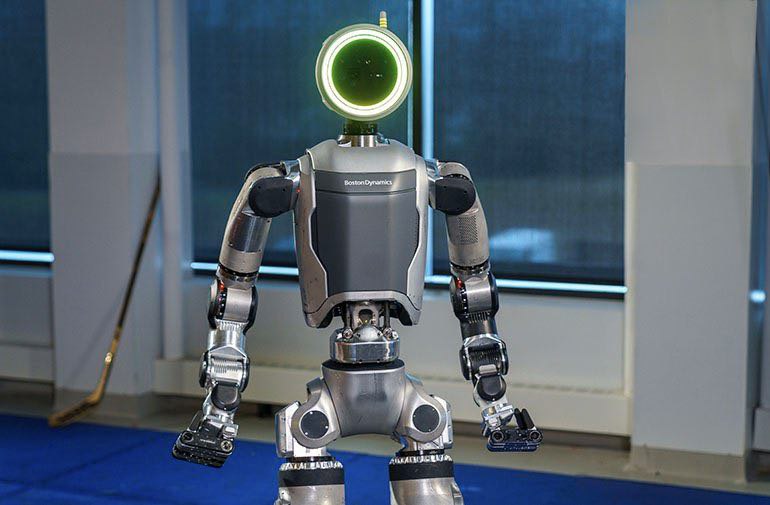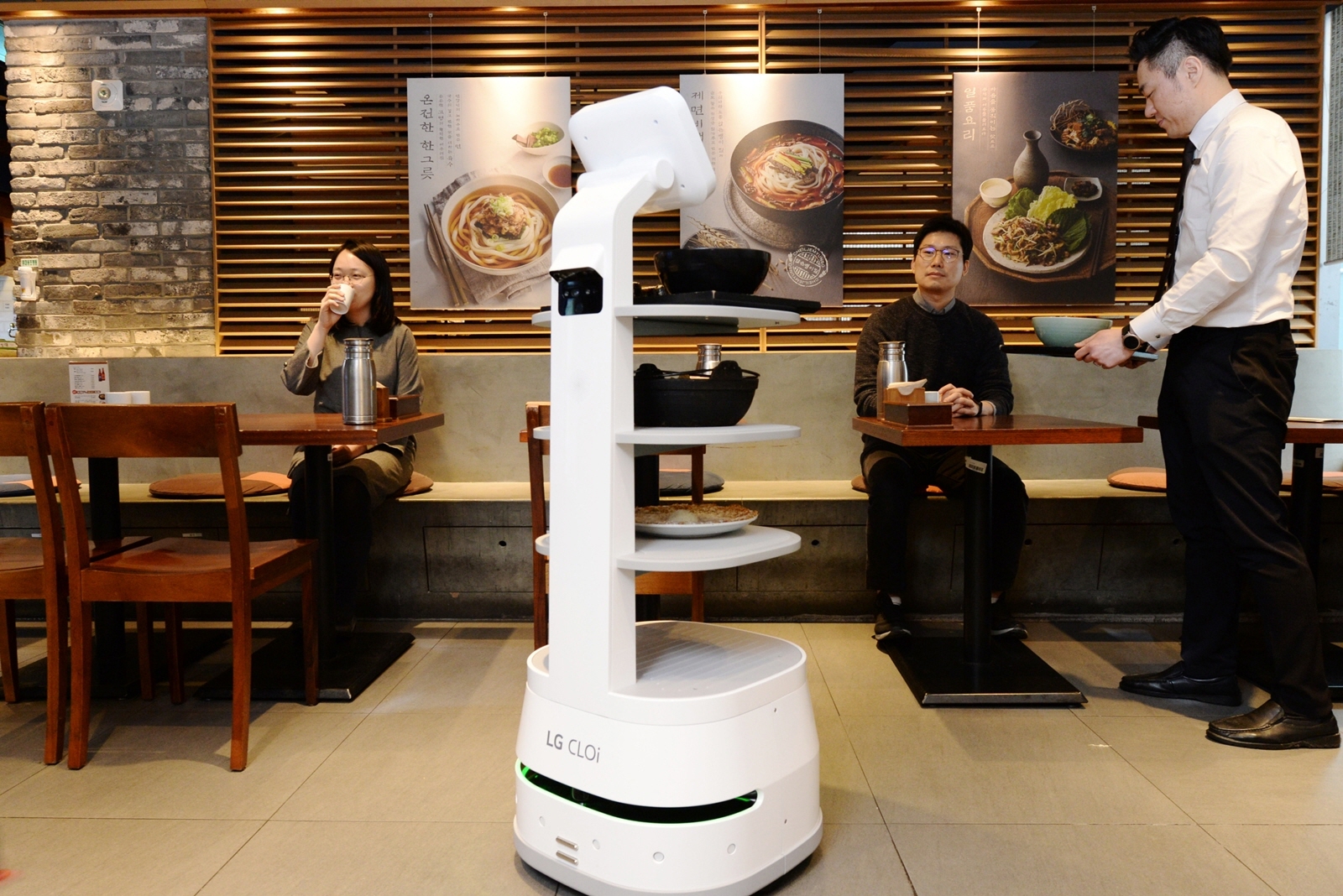The recent World Artificial Intelligence Conference (WAIC) in Shanghai showcased China's impressive advances in high technology. Dozens of humanoid robots on display at the event served as a visual symbol of the country's growing technological capabilities and ambitions in AI.
The conference traditionally serves as a platform for Chinese developers and scientists to showcase China's progress in the rapidly growing field of AI. The government aims to make the country a global leader in both technology and regulation, aiming to catch up and even surpass the United States. One of the highlights of the event was Premier Li Qiang’s opening speech announcing a new organization to collaborate on managing AI development. Li emphasized the need for a balanced approach to development, considering potential risks as well as benefits.
However, the atmosphere at the expo itself was more celebratory than anxious. Representatives of companies demonstrated innovative projects and products, among which the most interesting were humanoid robots. For example, at one company’s stand, a robot played the drums, albeit slightly out of rhythm with Queen’s popular song “We Will Rock You.†Other machines performed various tasks, such as assembling parts, playing curling against humans, or serving drinks to customers.
Although most of the models on display were still somewhat clunky, it was clear that significant advances in technology have been made by Chinese developers in the past year. This success reflects the government’s efforts to support the robotics industry, where some experts believe China is already ahead of the United States. For example, the manufacturer Unitree presented its G1 android, which is about 130 centimeters tall and can balance, kick, and perform hand-to-hand movements relatively smoothly thanks to advanced motion coordination algorithms. The company announced the release of a full-size R1 robot priced at less than $6,000, demonstrating its intention to expand access to modern technologies for the mass consumer.
In addition to physical robots, Chinese developers have introduced digital assistants known as "digital people." They appear on screens as realistic characters, are able to conduct dialogues, answer visitors' questions, and help with everyday affairs. Thus, the largest Chinese tech giant Baidu recently launched the next-generation technology for its virtual agents, which can now think, make decisions, and collaborate with each other. One example was the broadcast of six hours of e-commerce, conducted by digital avatars that have achieved success in selling goods.
The question of the impact of such developments on the labor market remains open. However, industry representatives emphasize that artificial intelligence does not replace human labor, but only helps people save time and improve the quality of work. The integration of artificial intelligence into everyday life in China is becoming more and more active. Tens of thousands of companies are already using the technology on a daily basis, providing a wide range of services to their customers. For example, Baidu has received permission to test driverless taxis in some areas of Shanghai, becoming the first major Chinese company to receive such status. China is steadily moving forward in the race of tech giants, creating a solid foundation for further progress in the field of artificial intelligence and robotics. As one expert noted, the number of experimental opportunities for the implementation of technologies is huge, which makes future development extremely promising.


















